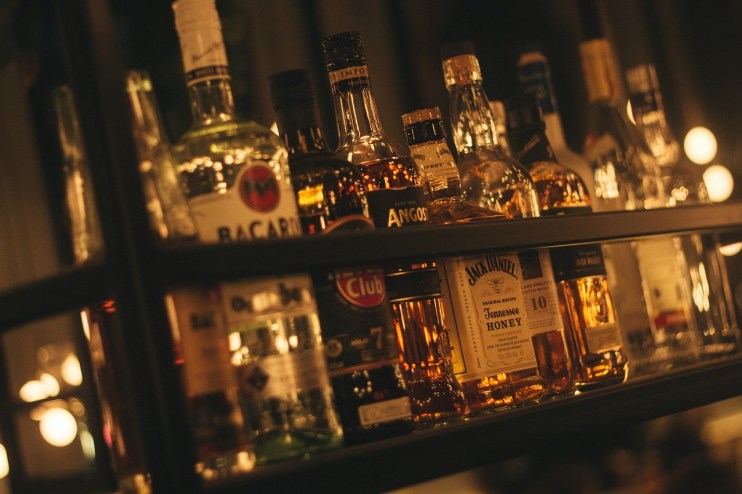Alcohol duty rise is ‘biggest shake up’ in decades as booze to be taxed by strength

The price of beer and wine will increase today as part of plans previously set out in the Spring Budget.
Chancellor Jeremy Hunt announced the measures as part of the budget back in March, which saw an end to the blanket alcohol duty freeze which was put in place via the Autumn Budget 2020 during the pandemic and extended in December.
It will now come to an end today (1 August,) and alcohol will be taxed by strength (ABV).
The duty hikes will bring price rises for 90 per cent of wines sold in the UK, according to wine and spirit trade association WSTA.
Usually, duty paid on alcohol is revalued each year in line with inflation – however it has been either cut or frozen in every budget over the past decade.
Tax cuts for pubs?
Rishi Sunak vowed that the measures would protect pub and hospitality businesses – stating that the duty paid on pints in pubs will be up to 11p cheaper than at the shop.
The PM said he believes this will level the playing field for businesses and curb the trend of home drinking.
Many customers now prefer to drink at home as supermarket deal on multipacks of beer often cost the same as one pint in a pub.
“Too often, pubs at the heart of our communities are undercut by supermarket competitors,” he said in a statement.
“So we’re levelling the playing field, making the duty paid on pints in pubs up to 11p cheaper than at the shop. That means cheaper drinks when you go out, leaving more money in your pocket,” he added.
The measures come from amid a challenging period for Britain’s pub trade with many businesses battling increases in energy bills and supply costs.
‘Guarantee’ industry no more rises
“The alcohol duty changes that come into force today are the biggest shake up the rules have seen for decades,” Kate Nicholls, chief executive of UKHospitality, said.
“The differential rate of beer and cider duty is an extremely welcome measure that highlights the economic and social benefits of enjoying hospitality businesses. The support for lower-strength is also a positive step and will accelerate the innovation the sector is invested in.”
However Nicholls warned that downside of the measures is that most businesses and customers will see “little fall in cost” in the short term as inflationary costs continue to “bombard businesses”.
“We need to see the government and energy suppliers act urgently on the recommendations from last week’s Ofgem report, she added.
Emma McClarkin, chief of the British Beer and Pub Association also called on the government to “guarantee” that there would be no further increases to duty.
“There is only so long our brewers and the pubs they supply, can continue to shield customers from these rising costs so that a pint in the local can be affordable for everyone.”